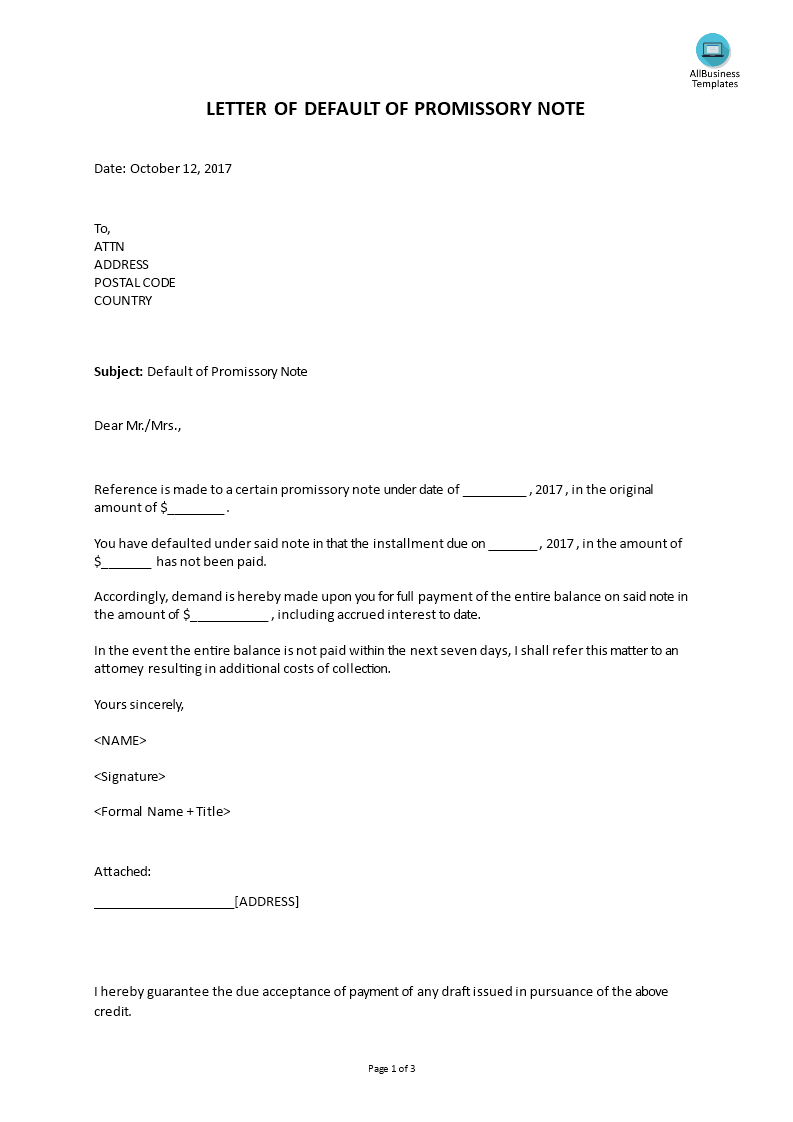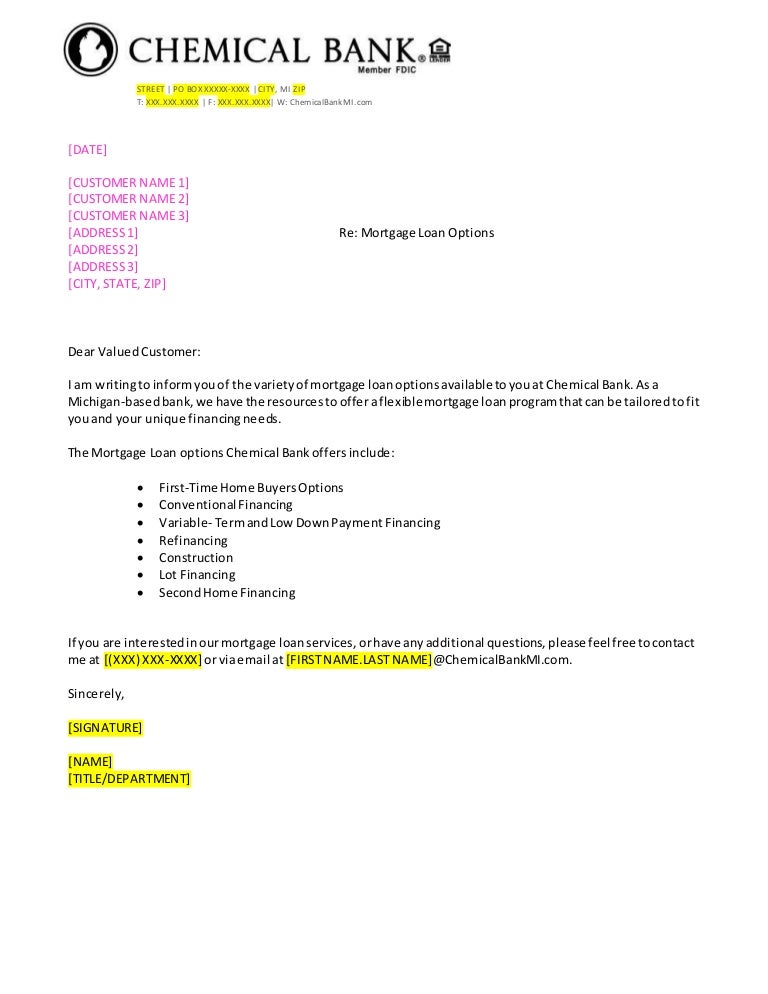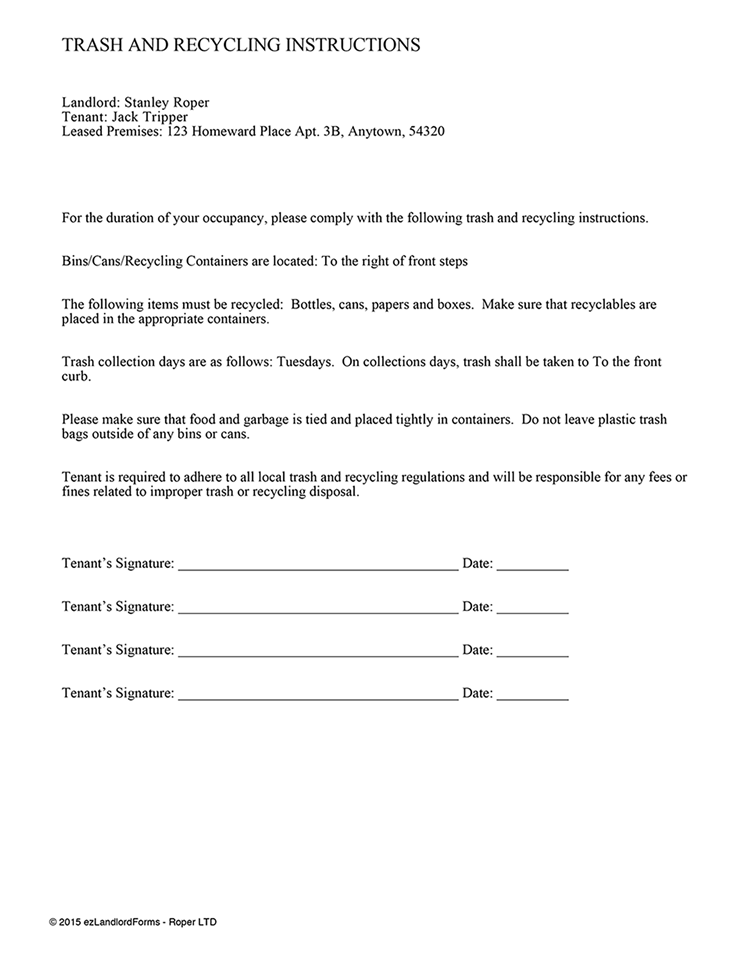
It is enough to know that the 90-day notice is not a substitute for an acceleration letter. Whether a mortgage can even be accelerated prior to expiration of the 90-day period is problematic for obscure technical reasons not economically reviewed here. Nor is the 90-day notice the equivalent of an acceleration letter.

Even if the 90-day notice applies to a particular mortgage, the breach letter must still be sent.

We do, nonetheless, underscore a new law in New York applicable solely to certain mortgages defined as subprime, effective September 1, 2008, which requires a 90-day notice before a foreclosure can be started. In New York, there is much of this and we have discussed it in other alerts. Those had typically applied to the summons or as part of the legal process and did not involve pre-foreclosure action correspondence. In this era of the subprime crises, there is much state and federal legislation requiring notifications to borrowers. If all else fails, eventually, a foreclosure will be begun, which brings us to the underlying analysis: What correspondence may be required s a matter of law to allow there to be a valid foreclosure action? It is here where the confusion reposes.įirst, we note what we are not addressing here, at least beyond mere mention. The obvious goal is to return the borrower to compliance. Other than what may be required by investors, these contacts are motivated by good business (and often a dose of compassion). Efforts to solve the problem will likely include various letters and calls.

Almost without exception, a performing loan (or a satisfied loan) is preferred over one in default.

When a borrower is in default, the lender or servicer will do everything possible to elicit a reinstatement or a payoff. And so, we embark upon some helpful clarification, particularly in light of a new notice statute in New York Because it remains confusing in some quarters, this is a subject we cannot visit too often.


 0 kommentar(er)
0 kommentar(er)
